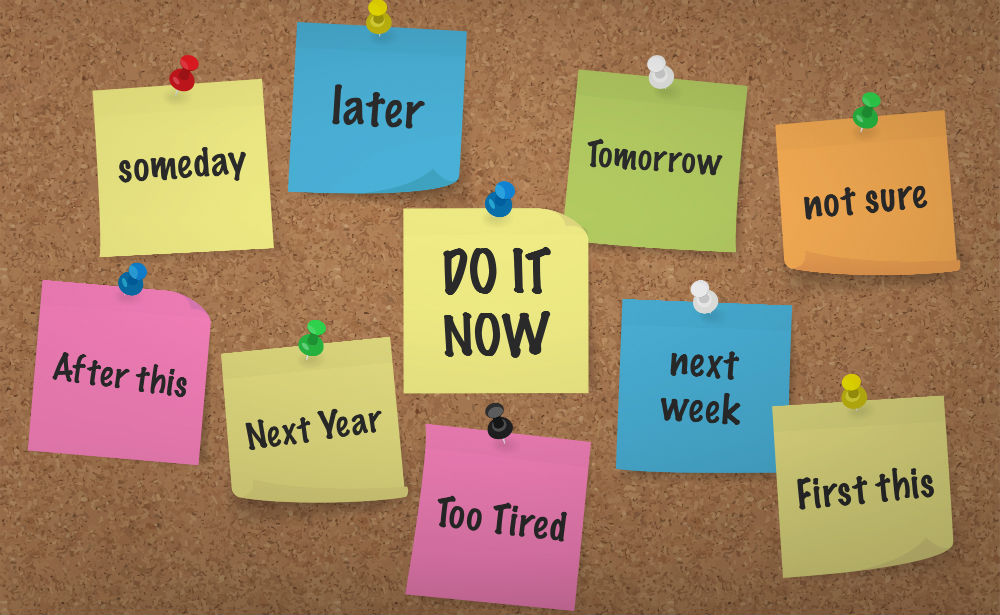Written by Nishka Akhtar | Reviewed By John Victor | Updated On January 1, 1970

Listen to this article in Audio
Have you ever thought of completing a series of tasks, only to end up binge-watching Netflix for the rest of the day, thus increasing the work pile and feeling terrible about yourself? Maybe even told yourself, “I will definitely finish this tomorrow.”, only to repeat the story? Don’t be embarrassed; you are not alone.
What is Procrastination?
Contrary to the mainstream notion, procrastination is NOT simply an act of laziness, lack of willpower, or even poor time management. It is much more complex and multi-factored. Researchers have defined procrastination as a "form of self-regulation failure characterized by the irrational delay of tasks despite potentially negative consequences."
In simple words, procrastination refers to willingly avoiding tasks despite knowing that the consequences of doing so would not be pleasant. For example, you are aware of the official presentation due in the following week, yet you choose not to work on it until the last day despite being aware that it could cost you your job.
Why Does One Procrastinate?
Let us talk about the concept of S.M.A.R.T goals. This acronym stands for goals which are: Specific, Measurable, Attainable, Relevant, and Time-Based. Goals which follow these criteria or are defined clearly are more likely to be achieved. In contrast, abstract or poorly defined goals may cause one to delay them due to the lack of clarity. For example, A defined goal such as “lose 5 kgs in a month” is more likely to keep an individual regular with exercise than a vague one like “lose weight.”
Individuals may engage in procrastination when they feel that the task is not relevant to them. In this case, the individuals fail to establish a connection between themselves and the task and its associated reward. For example, A student might put off studying for a particular exam till the last minute if they feel that the subject would not matter to them in the future.
This is a case where individuals strongly believe that they would complete the pending tasks in the future. It often involves overestimating their own abilities and underestimating the time required to complete the task. This also includes a sense of “Things would be better next time,” which leads them to believe that they would complete the tasks earlier than they usually do.
When the tasks at hand are too much to handle, the individual ends up feeling overwhelmed. This may lead them to avoid the task completely until it becomes absolutely impossible to put it off. This issue can be especially troubling when a person experiences a sense of disturbing emotions towards a task, leading him to procrastinate, which increases those emotions and makes the task appear even more challenging.
Self-efficacy refers to the degree to which an individual believes that they have control over their lives and would achieve their goals. Those who believe that they have substantial control over the outcomes of their actions are less likely to procrastinate. In contrast, those who feel that their life is controlled more by external factors are more likely to experience fear of failure and engage in procrastination. For example; An office goer who feels that he would not be able to do a good job in preparing the report that has been assigned to him would avoid working on it till the last minute. He may also experience fears of being criticized or making a fool out of himself, further contributing to his procrastinating behavior.
How to Stop Procrastinating?
Most importantly, do not forget to be kind to yourself. Remember, even the most seemingly perfect beings have their own “flaws.” Do not beat yourself if you feel you have made a mistake. Your setbacks are just a part of your life and not your life itself.
Believe in yourself. You got this!

Anxiety-Trauma-OCD
To do or Not to do - How To Deal With Procrastination ?
Anxiety-Trauma-OCD
Sleep: The Best Meditation